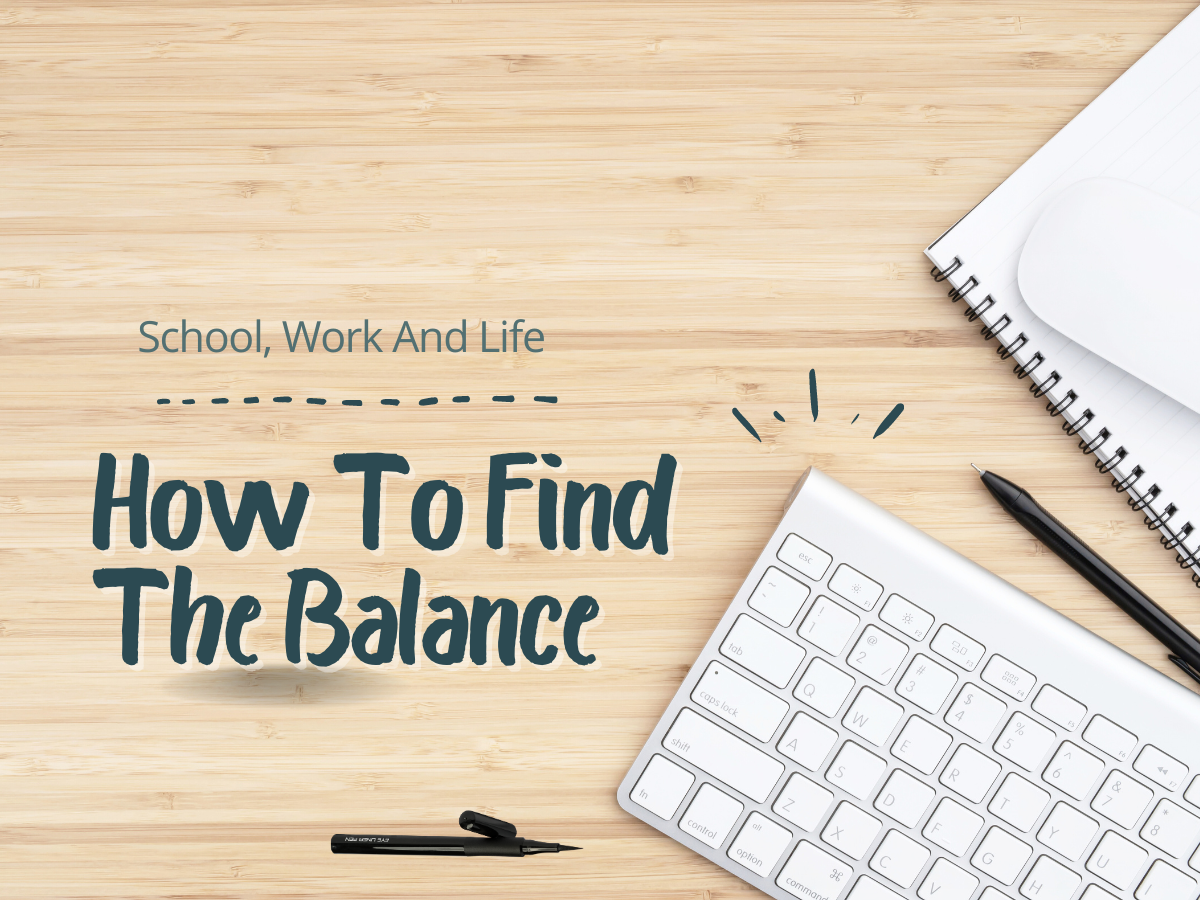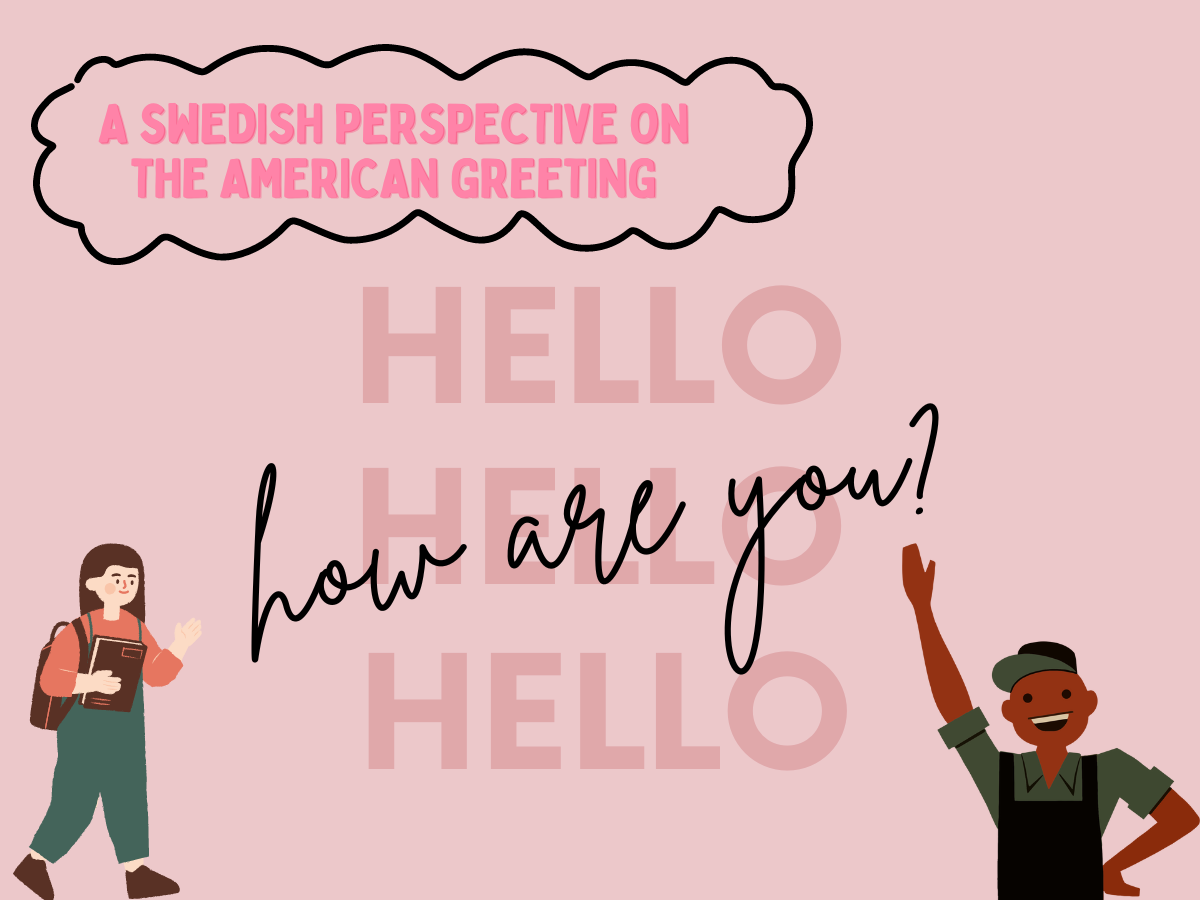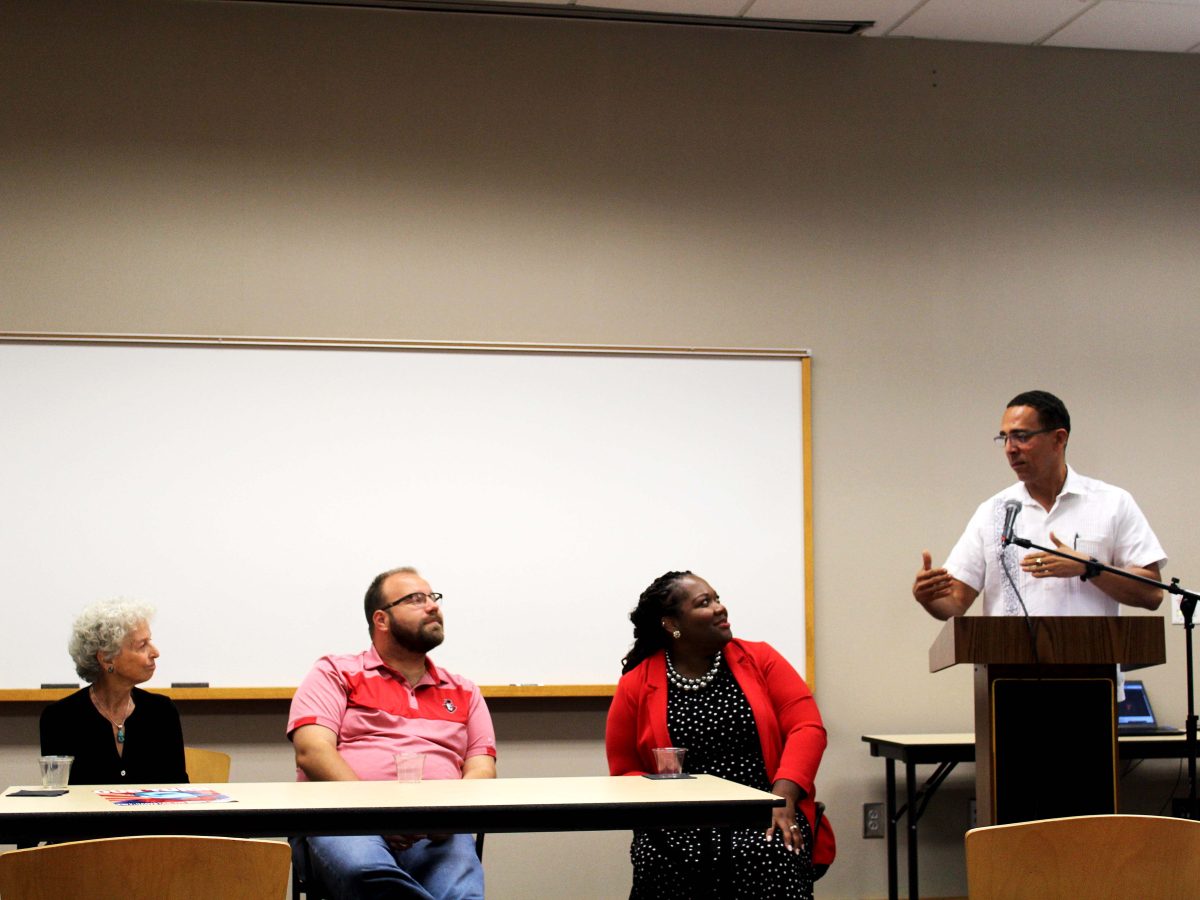» Trynica daniels – [email protected]
“Why aren’t you a Christian? What made you think the way you do?”As an atheist, I am often faced with these questions when I confess my lack of religious affiliation. I say “confess” because that’s what it feels like: a confession to a tremendous wrongdoing. Many times, I have felt the need to go on the defensive, or to sacrifice integrity and pretend to be someone I can never be and think in a way that is unnatural to me.
With these questions come the implication there has to be a reason for someone not to choose the “normal,” standard road of dogma. There is an assumption something must have damaged or changed me to make me lose sight of the light.
Well, this isn’t an article to condemn religion or postulate about the evils of Christianity, nor is it a defense for atheism. Atheism doesn’t need to be defended, because there’s nothing wrong with it. It is a perfectly valid belief the American Constitution allows us to carry, just as it allows for the development of Christian minds, Buddhist minds, Muslim minds, Hindu minds, Wiccan minds — and hey, if one chooses to take Greek mythology as truth, one has the perfect right.
The facts are this: There are happy and sad people of every creed, people who feel fulfilled from their God or gods and those who feel equally validated without needing that faith. There are good and bad people in every group, and all of us, each and every one, has made mistakes at some point.
The issue isn’t which group has come to the “right” conclusion, but rather the fact each school of thought has a right to exist. Didn’t Jesus teach in the book of John only “he that is without sin” should judge another human being? A passage in the Quran instructs fervent Muslims not to say to one who gives them a greeting of peace, “you are not a believer.”
A basic Buddhist tenet is “Before judging others, pause for a moment and ask — how perfect am I?” And while atheists do not follow one specific creed, the general belief amongst those without religion is to live and let live, something they themselves want the right to do.
It’s important to remember, despite popular belief, America is not an exclusively Christian nation.
Major reasons the Pilgrims fled England include attaining religious freedom, and becoming free from an official, government-controlled style of worship and avoiding persecution for dissension.
Questions like “What made you turn Christian?” and “Why aren’t you an atheist?” would probably be seen as offensive and harmful. I just think it’s essential to consider the other side of this too; consider every belief system, regardless of how one might disagree with it or see it as senseless, is a valid way to think. When you attack someone’s religion or lack thereof, you are attacking the very way they view the world, the way their mind works.
Rather than tear each other down, we should strive to coexist peacefully. Besides, life would be boring without diversity. Maybe if more people could see atheists aren’t amoral troublemakers, and Christians aren’t Bible-thumping extremists; if we could just see people as people and make opinions of each person we meet individually, we could start to tear down the walls erected between us largely because of ignorance.
And maybe, just maybe, people would stop asking why an atheist is an atheist with the intention of implying his abnormality and ask out of genuine desire for information about a mind different from theirs.
It’s limitless how much we could learn from each other if we were more open-minded about views we didn’t share. TAS




